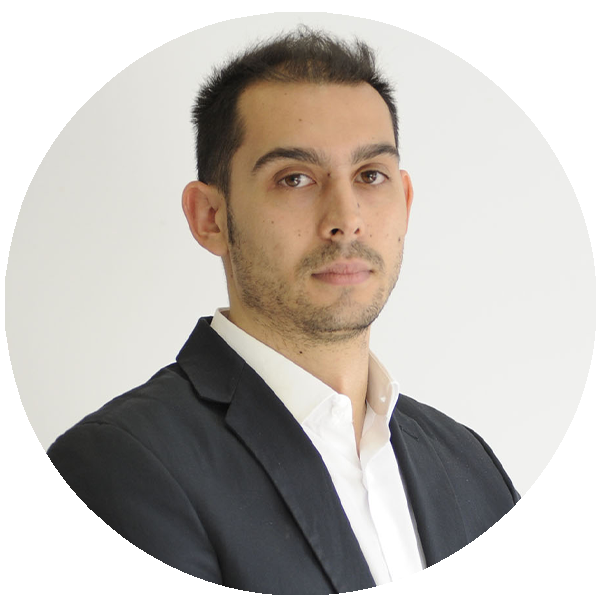#MIPexperience International Part Time MBA
The importance of model contamination in everyday life
| Author: Luca Bianchi, International Part Time MBA student

Usually we tend to apply what we learn in specific fields only in that field; we study it and rarely do we contaminate models coming from different disciplines. As a matter of fact, however, a lot of scientific findings come from interdisciplinary researchers. For example, Daniel Kahneman, one of a countless list, discovered the two systems of thought by using psychology, behavioural economics and decision-making principles. Finally, as a psychologist, he won the Nobel Prize in Economic Sciences.
In our normal lives (unless working in research) we are not asked to study to expand human knowledge, but we can do something easier and more effective just by applying to our daily routine what university courses have taught us in specific modules. We could use financial principles to better plan our household budget; we could use some supplier evaluation models when it comes to buying a new piece of furniture, or we could apply some marketing rules when we need, for example, to promote ourselves.
Speaking about careers, what I think could be useful is to gather and apply some of the university teachings that can help us to have a better and more efficient career; and this is what the Career Development Center at MIP pushes candidates to do alongside their formal MBA lessons.
For example, in some lessons the lecturer encouraged us to think of our personal career as a real project to manage, with achievable objectives (such as a position to reach or a company to work for) within a defined timeframe; activities to be planned that can enable us to gain an interview and to master it; resource allocation (not only the time to spend weekly on top of our working hours, but also investments in specific courses or a premium subscription for some professional networking platform). Then there is the monitor and control phase and, really importantly, also the “change request” analysis: it is not unusual to change the scope after a period of maturation.
Another topic imported from formal studies is professional network management. Network theory is used in many disciplines such as statistics, computer science, electrical engineering, as well as sociology and neuroscience. We saw it applied for career purposes. During the courses, the lecturers encouraged us to write down a list of our personal contacts, starting from our first position up until our current job, with the field of specialization, the background and the possible connection with the company we aimed to work for or the position we planned to apply for. It might be surprising that while writing the list, more information and connections between our contacts (that we had not thought of before) popped into our minds.
Of course, simply planning their career and creating a map of contacts to systematically nurture does not ensure that the candidate will attain their desired position. There are professionals who achieve their goals without these tools and, at the same time, others who, despite their efforts, do not reach the position they desire. I think that these two instruments (together with others touched on during the Career Development courses), if consistently applied, represent a great help in defining our position on the career path. Sometimes we apply for jobs automatically and later realize that the road we are following is wrong, or not perfectly aligned. To have a map to refer to (and to fine-tune regularly) enables us to know exactly where we are, to change route, and to deepen our knowledge of matters that can help us during our career journey.
What is important is to be consistent and to beware of the mental obstacles that occur. The phrases within us like “I know a lot already”, “theory is easier than practice”, “I am who I am; I cannot change” are the worst enemies we can face during our path. They are inside us and are harder to beat because they are part of us. But like in sport or with positive habits, the hardest part is at the beginning. Once we start to work with these tools, they become part of our routine and essential to demonstrate our clear positioning during interviews.
About the author
|
|
Luca Bianchi International sales manager for a multinational logistics company and part of the young group of the Freight Leader Council, I would define myself as curious, ambitious and continuously disposed to improve. Strong supporter of cross-functional experiences, job rotation, teamwork and lifelong learning, my objective is to be constantly able to see challenges from different perspectives and to be adaptable in this ever-changing environment. |






